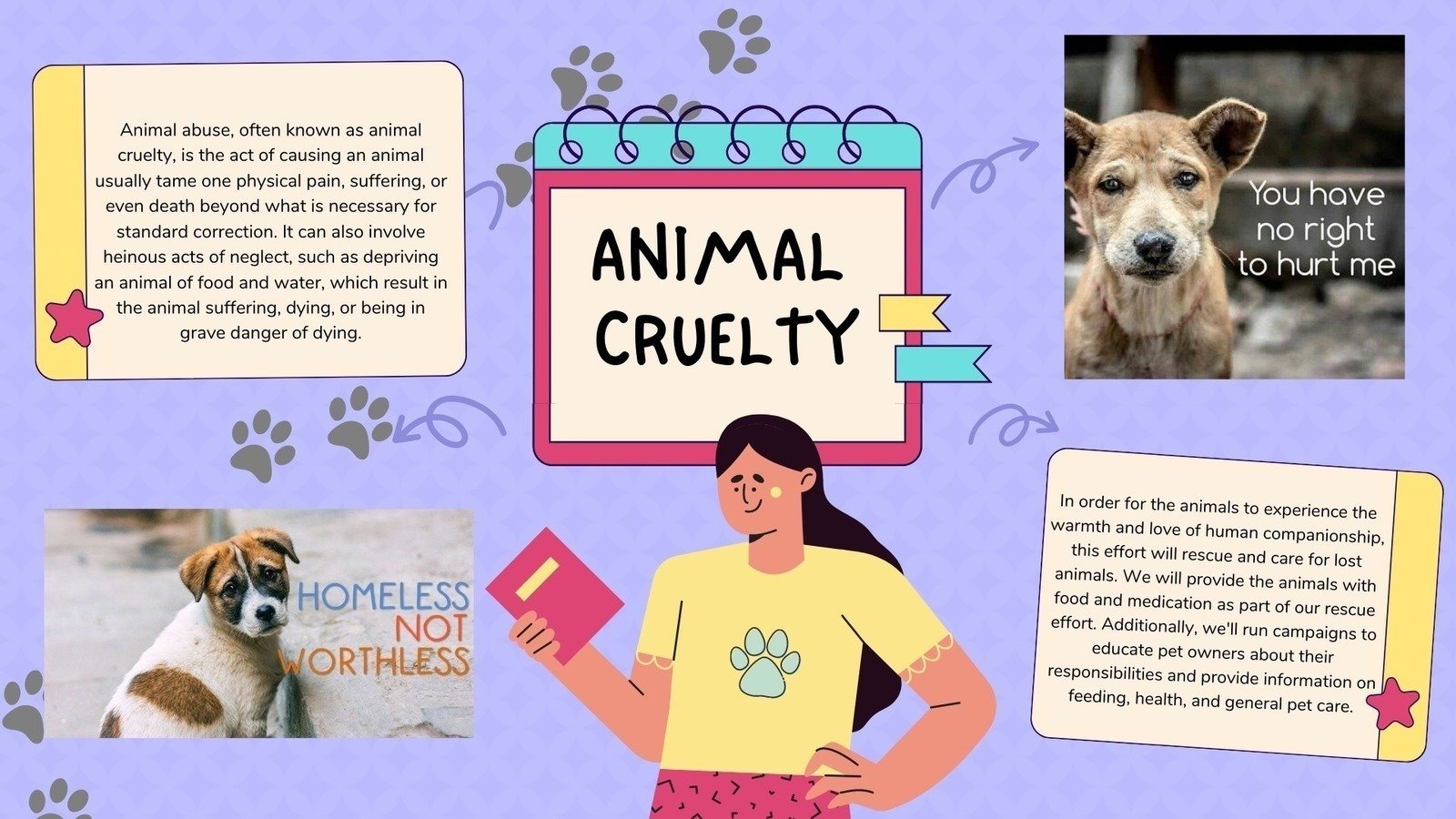The inquiry into whether having a pet constitutes animal cruelty invites multifaceted philosophical dialogue. As we embark on this exploration, we navigate the labyrinth of ethical considerations, sociocultural dynamics, and psychological implications intertwined in the pet-human relationship. Distinct perspectives emerge from various philosophical frameworks, offering a kaleidoscope of insights into the moral status of companion animals.
At the very core of the discourse lies the question of autonomy. Animals, by their very nature, possess an intrinsic desire for freedom and self-determination. Within the framework of philosopher Immanuel Kant’s deontological ethics, one could argue that complex beings should be afforded rights and regard that honor their autonomy. However, the moment individuals decide to domesticate and possess pets, this autonomy arguably diminishes. One must ponder: does the affection and companionship we deem important in pet ownership justify the potential infringement upon an animal’s inherent rights?
Conversely, the utilitarian perspective, championed by philosophers such as Jeremy Bentham and John Stuart Mill, prioritizes the greatest happiness principle. Under this lens, the companionship provided by pets can be viewed as beneficial not only for humans but, crucially, for animals themselves. Many argue that domesticated pets live healthier, longer lives under human care than they would in the wild, rife with the dangers of predation and resource scarcity. Nevertheless, one must tread cautiously, recognizing that sheer longevity does not necessarily equate to a fulfilling life. The question remains: does the happiness of the ruler (humans) intrinsically validate the subjugation of the ruled (animals)?
Animal rights advocates assert that the philosophical tenet of speciesism, the discrimination against non-human beings, is prevalent in the perception of pet ownership. This perspective posits that while humans ascribe worth based on arbitrary criteria—such as species or lineage—animals are equally deserving of rights and respect. If one accepts this viewpoint, the very notion of keeping a pet might bloss into a form of anthropocentric oppression. In this scenario, one could argue that the act of pet ownership, characterized by confinement and dependence, challenges the ethical momentum towards recognizing animals as sentient beings capable of suffering.
The implications of social contract theory, particularly in the lenses of philosophers like Thomas Hobbes and Jean-Jacques Rousseau, further complicate this debate. As social entities, humans construct relationships based on mutual benefit and understanding. Pets can offer emotional solace, companionship, and even therapeutic benefits, creating a perceived social contract where the welfare of the pet is inextricably linked to human enjoyment. However, this raises ethical concerns about the power dynamics at play. If the social contract is founded on the assumption of mutual consent and benefit, can we, in good conscience, justify the constraints and responsibilities placed upon a pet as part of this agreement?
Furthermore, Socratic ethics suggest that a just life is one lived in accordance with virtue. The commitment to ethical treatment of animals calls into question the very nature of pet ownership. Is it virtuous to satisfy one’s desire for companionship at the cost of animal autonomy? This ethical conundrum compels individuals to reflect on their motivations—are they acting out of genuine concern for the animal’s well-being, or merely fulfilling human desires? The essence of virtuous living lies not solely in intention but in the recognition of the broader implications of one’s actions.
Another significant dimension is the emotional and psychological impact of pet ownership on both the human and the animal. For many, pets are a source of unconditional love, tirelessly loyal and ever-present. This bond shapes the human experience, potentially leading to enhanced mental health and emotional well-being. Yet, the reciprocal nature of this bond must be scrutinized. Are pets, in their role as companions, deriving equal benefit? The dynamics of emotional attachment raise critical questions about the potential for dependency, dominate or submissive relationships, and the hidden suffering of pets that may not be readily observable.
From a sociocultural standpoint, pet ownership often transcends mere companionship, becoming a symbol of status and social identity. The commodification of pets, where specific breeds are sought after for prestige, tangentially raises issues of exploitation. This further complicates the ethical landscape—because the pursuit of social validation may inadvertently result in neglect or inhumane treatment of animals bred for specific traits. How these societal pressures shape the realities faced by pets must be closely examined.
Ultimately, the discussion centralizes on the responsibilities of pet owners. It is incumbent upon individuals to engage in reflective practices regarding the implications of their ownership. This includes understanding the commitment required to provide an enriching life that respects the animal’s instincts, autonomy, and emotional needs. Advocating for adoption, fostering community awareness, and actively opposing cruelty are paramount in constructing a more ethical paradigm for pet ownership.
In conclusion, the question, “Is having a pet considered animal cruelty?” embodies a rich tapestry of philosophical inquiry. The juxtaposed perspectives highlight not only the ethical dilemmas inherent in pet ownership but also illuminate our collective consciousness regarding the treatment of non-human beings. Engaging with these philosophical frameworks fosters a deeper appreciation for the complexity surrounding our relationships with companion animals, urging society to reconsider the implications of their actions and strive towards a more humane coexistence.








